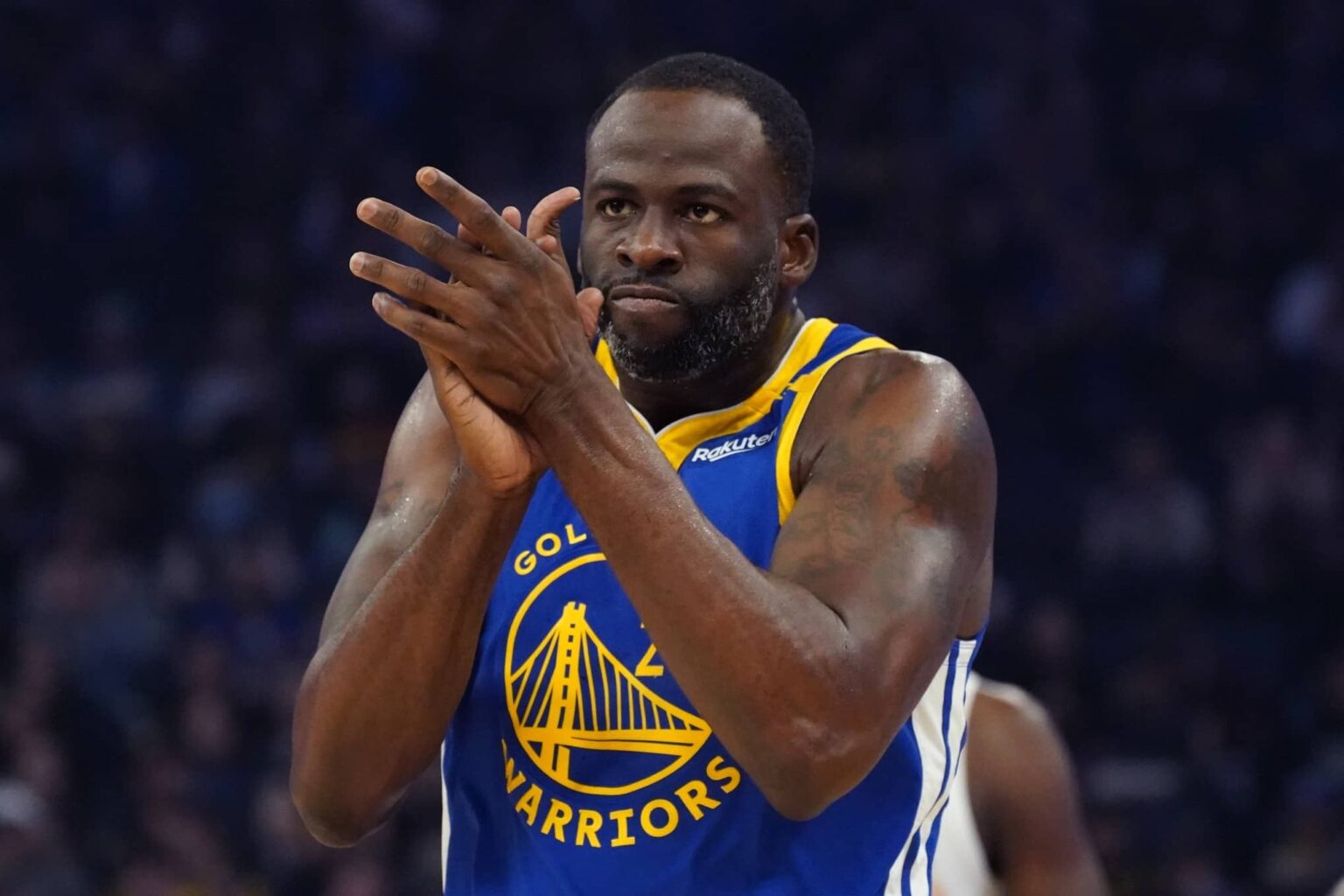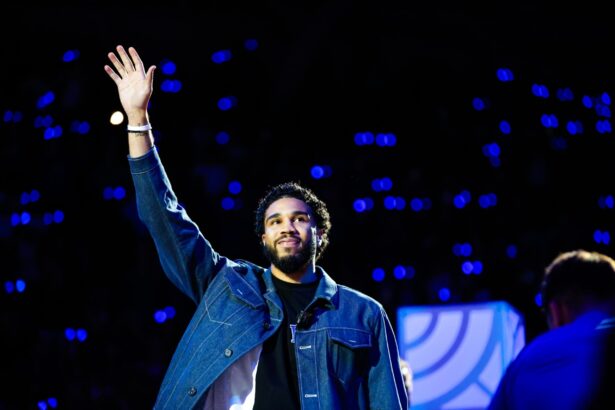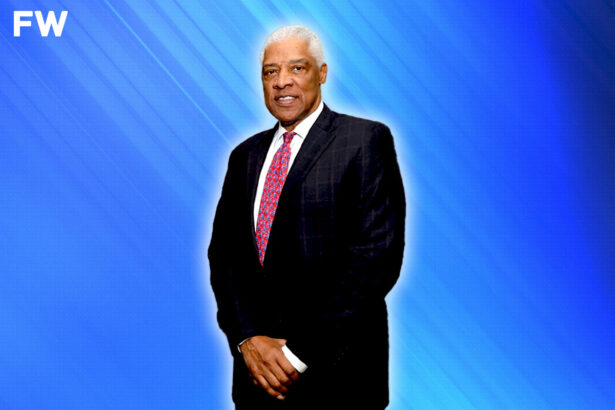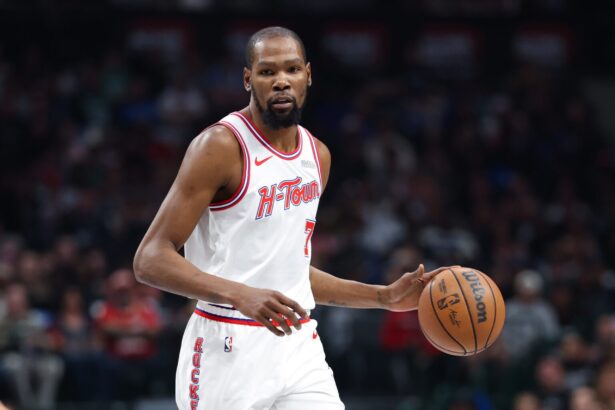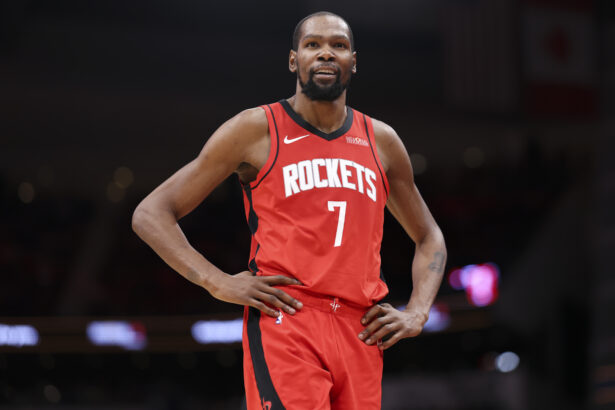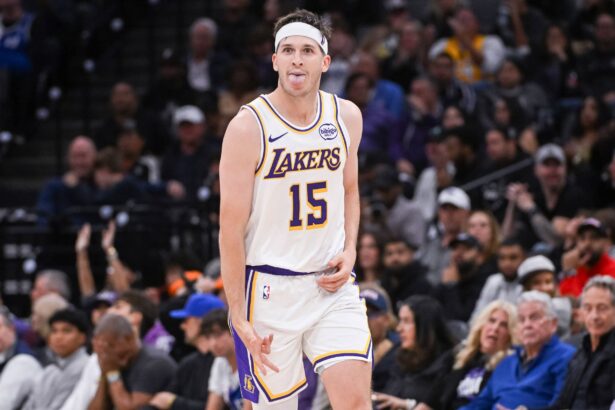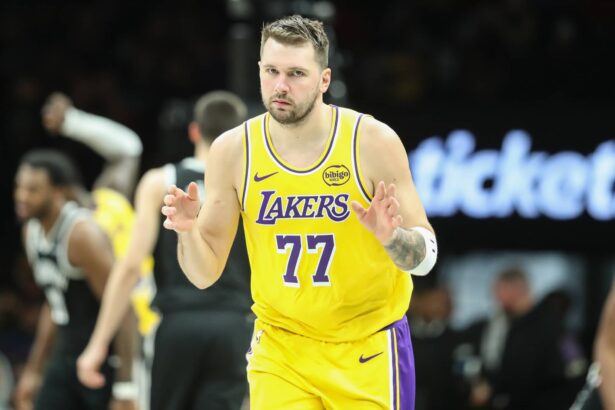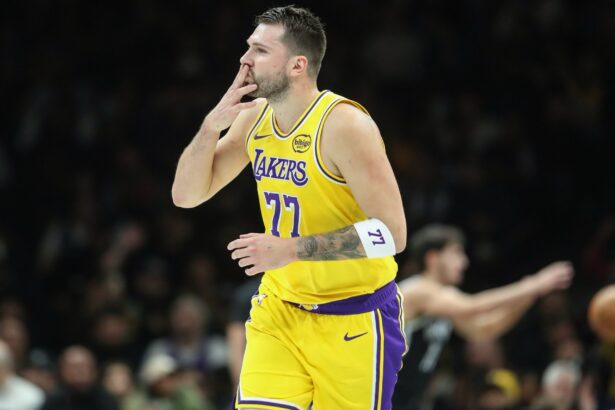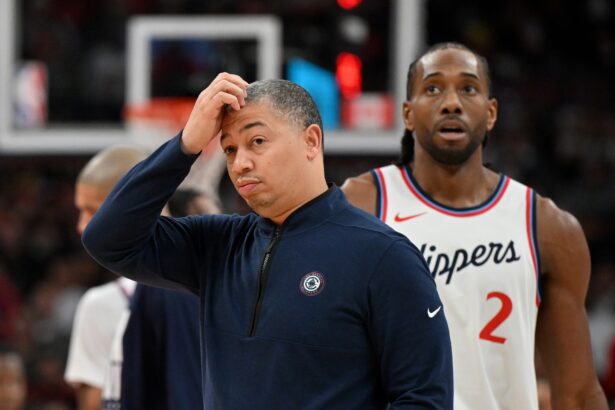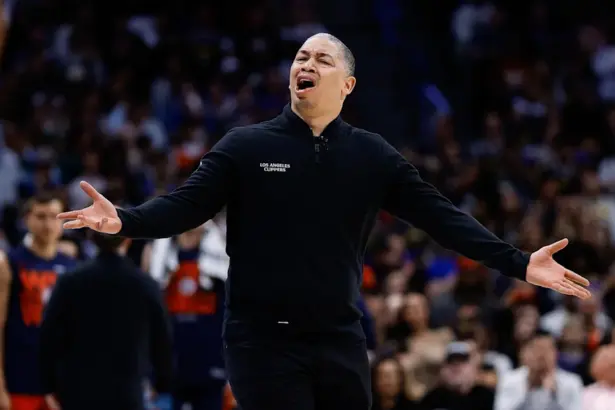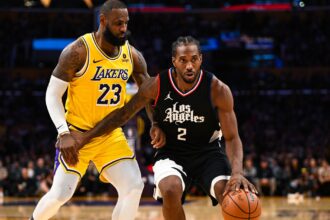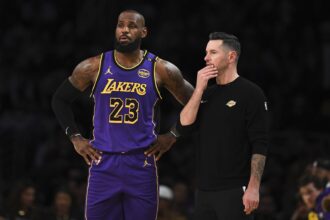Draymond Green’s journey back from the brink of retirement to a renewed sense of purpose and control has been nothing short of transformative. Speaking to ESPN’s Ohm Youngmisuk, Green attributed this change to therapy and a series of accountability-focused meetings mandated by the NBA during his indefinite suspension. This emotional and psychological growth, he shared, has not only revitalized his career but also his outlook on life.
“These meetings became so therapeutic for me. It’s helping me, and I f***ing love it. My plan is to do these meetings for the rest of my career because they’re incredible. Starting therapy was f***ing hard. Because I’m from Saginaw, Michigan.”
“I’m from an all-Black neighborhood that you don’t go to therapy or you’re f***ing weak. So you’re retraining a brain that’s been thinking a certain way for 30 years. The last thing you do growing up on the north side of Saginaw is weak.”
Green, the fiery leader of the Golden State Warriors, found himself in deep turmoil following several incidents last season. Notable among them was his indefinite suspension for striking Jusuf Nurkic, a culmination of years of on-court controversies.
At his lowest point, Green revealed he had lost his love for the game, overshadowed by what he referred to as “the bull****.” Contemplating retirement, he confided to NBA Commissioner Adam Silver that he was questioning whether he wanted to continue his career. This marked a pivotal moment for Green.
Green’s suspension came with a condition: regular counseling and participation in what were dubbed “DG check-in calls.” These sessions included a seven-person panel comprising NBA executives, Warriors staff, and his agent, Rich Paul. Initially skeptical, Green described feeling like he was being judged. However, by the third session, he began to open up, finding the meetings not just as check-ins but as therapeutic discussions that paralleled his work with professional therapists.
His embrace of therapy marked a major cultural shift for someone raised in Saginaw, Michigan, where seeking help for mental health was often stigmatized. Green candidly admitted that overcoming the fear of appearing weak was one of the most difficult steps he’s ever taken.
Armed with the tools provided by therapy and his accountability panel, Green has been able to channel his fiery passion into more constructive avenues. His commitment to personal growth has allowed him to maintain composure on the court, even in high-stakes situations that previously would have triggered outbursts. He’s also rediscovered his love for basketball, losing 30 pounds in the offseason and improving key aspects of his game, including his shooting and defensive positioning.
Green now sees therapy as a permanent fixture in his life, continuing sessions even after the NBA-mandated calls ended. Far from retirement, Green is focused on solidifying his legacy as both a player and a leader. By embracing accountability, therapy, and self-improvement, Draymond Green has not only extended his career but also become a model for resilience and growth.
Thank you for being a valued reader of Fadeaway World. If you liked this article, please consider following us on Google News. We really appreciate your support.

